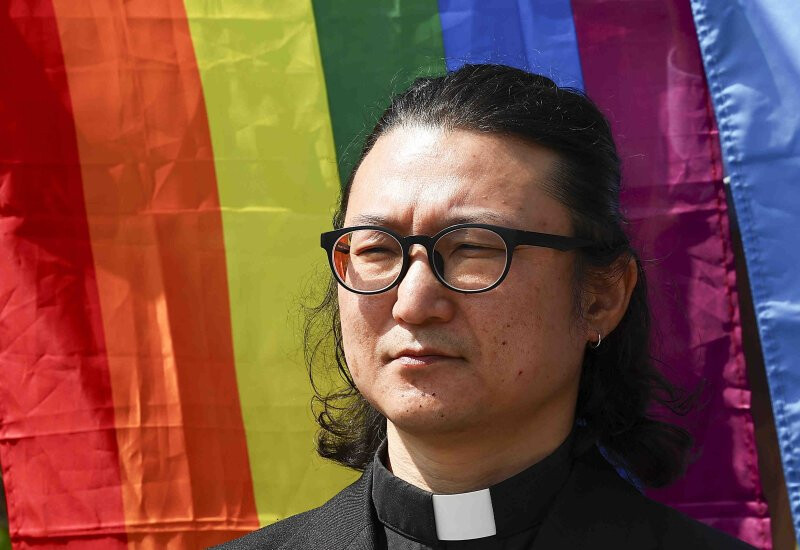
The Korean judiciary is grappling with a contentious issue: the disciplinary actions taken against pastors who have offered blessings to sexual minorities. The cases highlight a profound divide within the legal system regarding the intersection of religious doctrine and human rights.
Reverend Lee Dong-hwan, a Methodist pastor, faced excommunication and a two-year suspension for offering a blessing prayer at the 2019 Incheon Queer Culture Festival. 1 This action was deemed a violation of the Methodist Church's Doctrine and Discipline, which prohibits acts that condone homosexuality. Subsequently, several other pastors faced similar disciplinary measures.
The legal outcomes have been inconsistent. In a landmark ruling, the Anyang Branch of Suwon District Court issued a preliminary injunction to suspend Reverend Lee’s excommunication, stating that societal norms have evolved beyond condemning homosexuality. This decision cited recent Supreme Court precedents and human rights laws that protect against discrimination based on sexual orientation.
Similarly, Reverend Nam Jae-young, who was excommunicated for officiating a blessing ceremony at the Seoul Queer Culture Festival, saw his disciplinary action suspended by the Daejeon District Court. The court pointed to the lack of clear consensus on the illegality of "condoning homosexuality" within the Methodist Church.
However, Reverend Lee’s main lawsuit seeking to invalidate his suspension resulted in losses at both the first and second trials. The courts argued that they could not directly judge religious doctrines, emphasizing that doctrine is a matter of interpretation, not law. They also warned that invalidating doctrinal provisions against homosexuality could threaten the denomination's existence.
The appellate court acknowledged its ability to judge the legality of the disciplinary action but maintained that it could not review the doctrine itself. It ruled that blessing prayers at queer events imply condoning homosexuality, which, if against doctrine, justifies disciplinary action.
This judicial inconsistency has sparked debate about the balance between religious freedom and human rights. Critics argue that allowing religious institutions to excommunicate individuals for acts of inclusion sets a dangerous precedent. They contend that while societal and legal norms are evolving to protect sexual minorities, religious disciplinary actions remain unchallenged.
Attorney Park Han-hee, representing Reverend Lee, expressed concern that courts are too readily siding with anti-homosexuality stances, stifling necessary dialogue. Attorney Choi Jeong-gyu called on the Supreme Court to provide clear guidance to resolve the existing confusion.
As Reverend Lee considers an appeal, the case underscores the urgent need for a nuanced discussion on the boundaries of religious freedom and the imperative to protect the rights of all individuals, regardless of sexual orientation. The legal system’s response to these cases will have significant implications for the future of religious tolerance and human rights in Korea.
[Copyright (c) Global Economic Times. All Rights Reserved.]






























